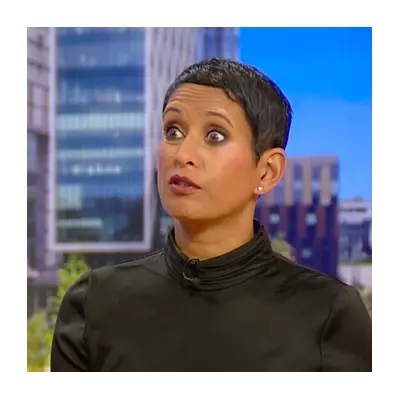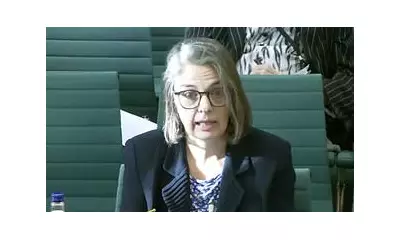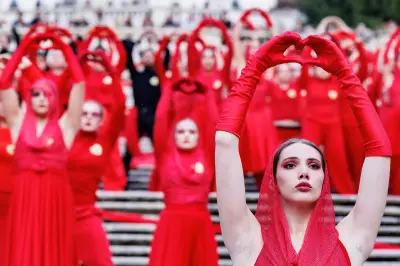
Cambridge University finds itself at the centre of a raging controversy after esteemed classicist Dame Mary Beard made startling comments about rugby-playing students, describing them as "thicko black rugger buggers" during a discussion about academic freedom.
The Academic Freedom Defence That Sparked Outrage
Professor Beard, one of Britain's most prominent classical scholars, made the controversial remarks while defending the principle of academic freedom. Her comments emerged during a broader discussion about whether universities should be compelled to admit students from diverse backgrounds, including those who might not fit traditional academic profiles.
The 69-year-old academic argued that institutions should maintain the right to determine their own admissions criteria, even if this meant excluding certain types of students. It was within this context that she used the phrase that has since ignited widespread condemnation across academic and sporting circles.
Immediate Backlash and Accusations of Elitism
The reaction to Professor Beard's comments has been swift and severe, with critics accusing the Cambridge don of perpetuating harmful stereotypes and displaying overt elitism. Many have questioned how such remarks would be received if directed at any other group within the university community.
Sports communities and educational advocates have expressed particular dismay, noting that the comments undermine the value of extracurricular achievements and diverse student backgrounds. The phrase "rugger buggers" - public school slang for rugby enthusiasts - has been criticised as particularly revealing of entrenched class attitudes within elite institutions.
The Broader Context: Oxford and Cambridge Admissions Debate
This controversy emerges against a backdrop of ongoing scrutiny surrounding Oxbridge admissions processes. Both universities have faced persistent criticism about their efforts to diversify student intakes and break down perceptions of institutional elitism.
Professor Beard's comments have inadvertently highlighted the very tensions that universities have been attempting to address. The timing proves particularly sensitive as higher education institutions nationwide intensify efforts to widen participation and challenge stereotypes about what constitutes a "desirable" student.
Academic Freedom Versus Inclusive Values
At the heart of this controversy lies a fundamental tension between two cherished principles: academic freedom and institutional commitment to diversity and inclusion. Professor Beard positioned her argument firmly within the tradition of university autonomy, but critics argue this cannot justify derogatory characterisations of student groups.
The incident raises crucial questions about where the boundaries of academic freedom should lie and whether the defence of institutional autonomy can extend to making prejudicial statements about certain categories of students.
Cambridge's Response and Wider Implications
While Cambridge University has yet to issue an official statement regarding Professor Beard's comments, the incident has already sparked broader discussion about class prejudice in higher education. The controversy touches upon sensitive issues of privilege, sporting achievement, and academic merit that continue to challenge Britain's elite universities.
As the debate continues to unfold, it remains unclear whether this incident will prompt wider reflection within academic institutions about the language used to discuss student diversity and the persistent stereotypes that may undermine genuine inclusion efforts.





